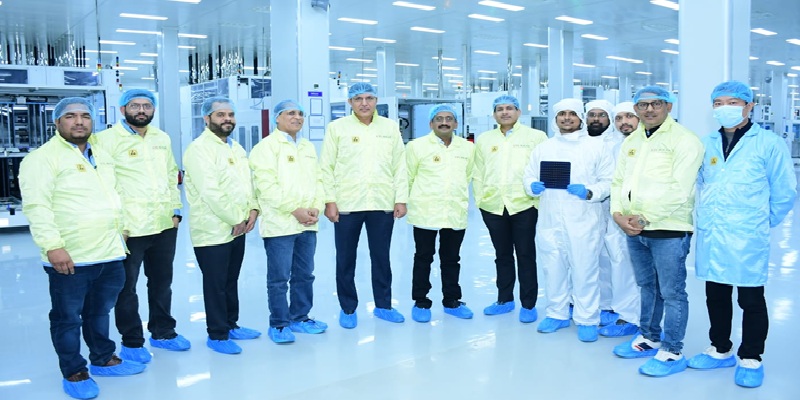Schedule a Call Back
8.56 bn cubic meters of wastewater needs to be treated yearly to meet UN goals, says ABB report
 Industry News
Industry News- Mar 23,23
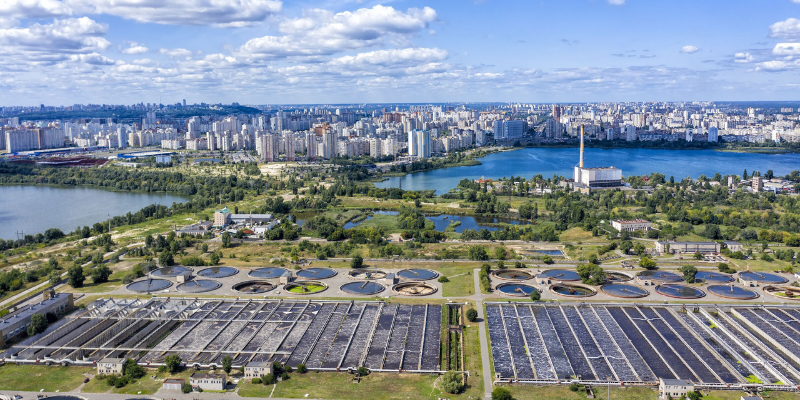
Related Stories
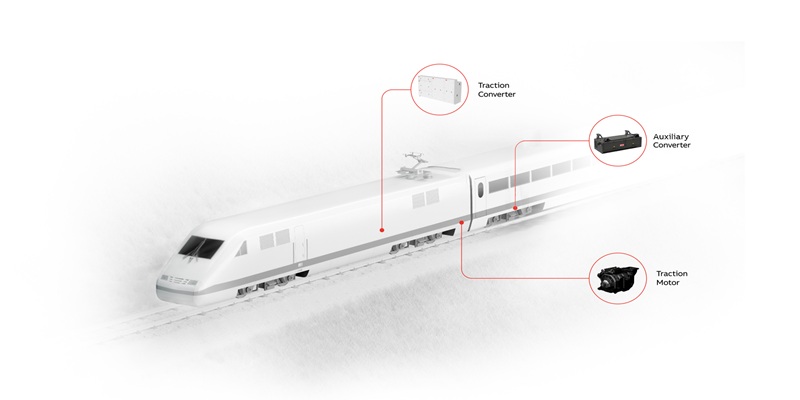
ABB Wins Mumbai Metro Lines Propulsion and TCMS Order
ABB has secured a major order from Titagarh Rail Systems to supply propulsion systems and TCMS software for Mumbai Metro Lines 5 and 6, strengthening its role in India’s metro expansion.
Read more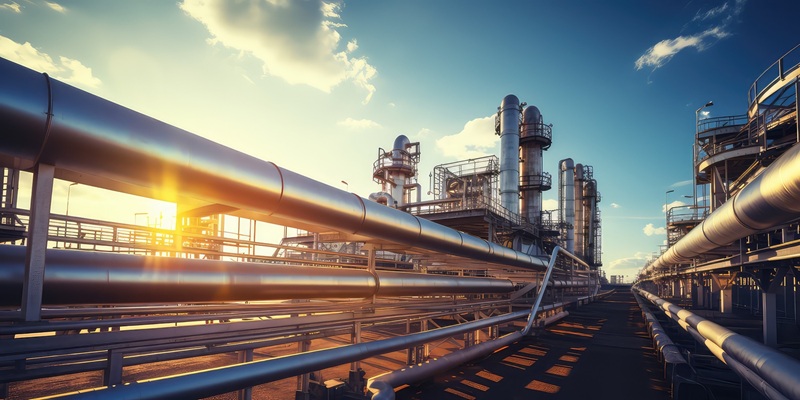
ABB India modernises BPCL’s Vadinar–Bina oil pipeline automation systems
ABB India has upgraded automation, SCADA and cyber security systems for BPCL’s 935-km Vadinar–Bina Pipeline, strengthening reliability and resilience without disrupting operations.
Read more
ABB India Launches ACS380-E Drive for Future-Proof Industrial Automation
The ACS380-E drive will support all common rotary motor types across global voltage ranges (100–600 V) and will deliver superior motor control for applications such as packaging systems, conveyors..
Read moreRelated Products
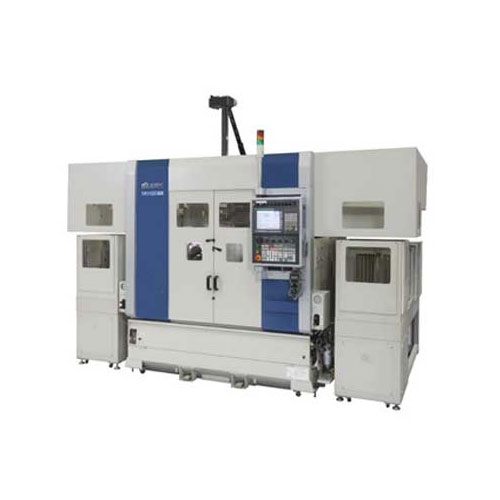
Compact Fmc - Motorum 3048tg With Fs2512
Meiban Engineering Technologies Pvt Ltd offers a wide range of Compact FMC - Motorum 3048TG with FS2512.

Digital Colony Counter
Rising Sun Enterprises supplies digital colony counter.
Robotic Welding SPM
Primo Automation Systems Pvt. Ltd. manufactures, supplies and exports robotic welding SPM.






